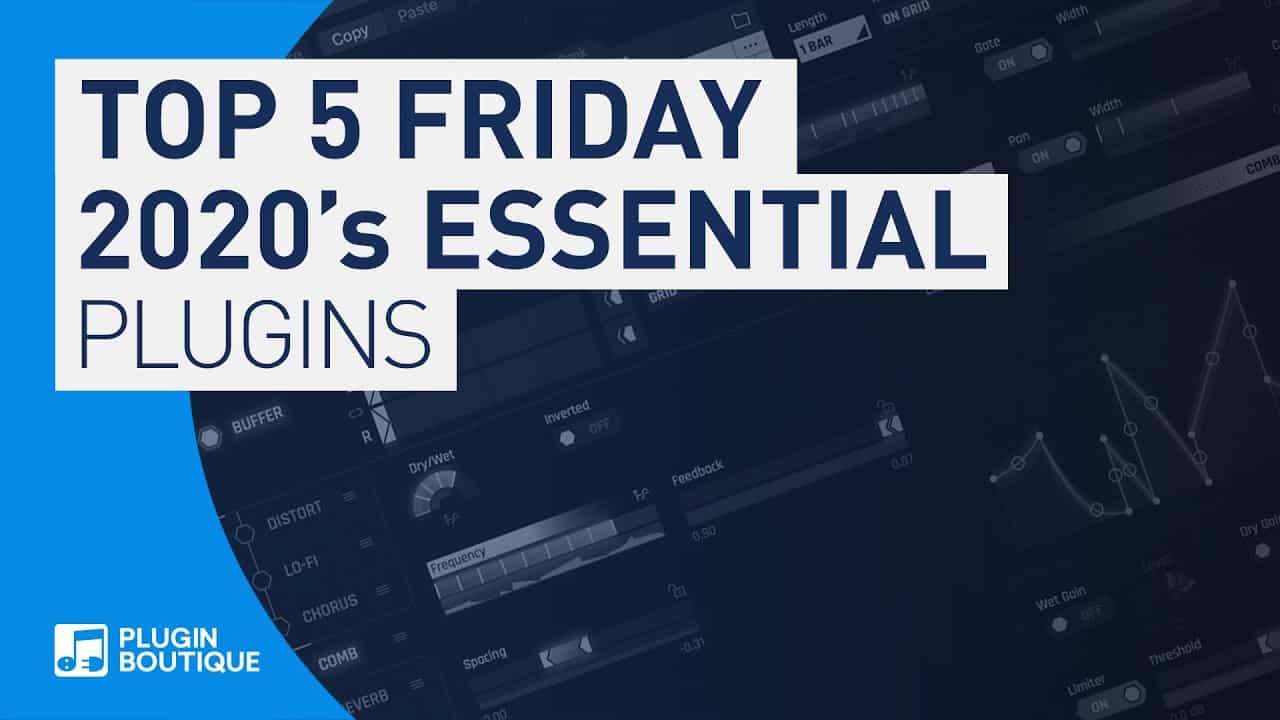AI’s reshaping the gig economy, offering you better job matching and increased productivity. It automates routine tasks, helping you focus on more complex ones, while optimizing your earnings through dynamic pricing. However, you’ll also face challenges like unequal job assignments and regulatory concerns. As you navigate this AI-driven market, understanding these opportunities and challenges is vital. There’s much more to uncover about strategies that can help you thrive amidst these changes.
Key Takeaways
- AI enhances job matching for gig workers, improving productivity and operational efficiency by analyzing data to predict optimal task assignments.
- Gig workers benefit from AI automation, allowing them to focus on complex projects while increasing job opportunities and earnings through optimized scheduling.
- Challenges in the AI-driven gig economy include perceived unfair job assignments and equity concerns, as platforms often lack essential labor rights for workers.
- Ethical considerations arise from algorithmic bias and misclassification of gig workers, leading to a lack of legal protections and potential discrimination in work allocation.
- Continuous learning and leveraging AI tools are crucial for gig workers to adapt to rapid changes, improve skills, and enhance client relationships.
The Role of AI in Gig Economy Platforms

AI plays a pivotal role in enhancing gig economy platforms, transforming how workers connect with job opportunities. By improving the quality of matching between you and job tasks, AI boosts productivity and operational efficiency.
AI enhances gig economy platforms by improving job matching, ultimately boosting productivity and operational efficiency for workers.
It analyzes extensive data to predict the best matches, benefiting both you and the platform. With real-time predictions, AI optimizes job assignments based on labor supply and demand, ensuring you’re more likely to find suitable gigs.
Continuous algorithmic improvements lead to precise talent matching and better project outcomes. However, integrating AI can pose challenges, such as influencing participation strategies and revenue-sharing models.
Thoughtful AI development is essential to maximize benefits while mitigating potential downsides for workers and platforms alike.
Advantages of AI for Gig Workers

AI can significantly boost your efficiency as a gig worker by automating routine tasks, freeing you up to focus on more complex projects.
With improved job matching, AI helps you find gigs that align with your skills and preferences, making your job search quicker and more effective.
Embracing these advantages can lead to increased productivity and better opportunities in the gig economy.
Enhanced Task Efficiency
In today’s gig economy, enhanced task efficiency is a game changer for workers. AI algorithms optimize delivery routes, cutting down travel times and allowing you to complete more deliveries each hour.
With intelligent task allocation, you’re matched with jobs that suit your skills, boosting your satisfaction and service quality. Dynamic pricing adjusts your earnings in real-time to reflect demand, ensuring competitive wages.
Automated scheduling maximizes your productivity during peak hours, while intelligent workflow management tracks deadlines, taking care of mundane tasks for you. Additionally, the use of AI in task allocation strategies helps streamline operations and enhances overall performance.
Improved Job Matching
Harnessing advanced technology, the gig economy now offers improved job matching that benefits both workers and employers.
AI-driven matching algorithms analyze vast data sets to pair your skills with suitable job opportunities, enhancing both job fit and satisfaction. Real-time predictions adjust to labor supply and demand, ensuring you find jobs that suit market conditions. This not only boosts your productivity but also increases platform revenue by optimizing job assignments.
With personalized job recommendations based on your performance and preferences, you maintain flexibility while pursuing roles that align with your goals. Furthermore, AI reduces hiring time and fosters fairness, allowing you to navigate the gig landscape more effectively and equitably.
Challenges Faced by Gig Workers in an AI-Driven Market

While navigating the complexities of an AI-driven market, gig workers face numerous challenges that can impact their livelihoods.
AI’s role in job assignments can create participation dilemmas, as workers might hesitate to engage if they perceive unfair conditions. Additionally, while AI improves matching efficiency, it doesn’t always benefit workers, leading to variability in quality and efficiency. For instance, predictive analytics can sometimes prioritize algorithmic efficiency over fair compensation for gig workers.
Furthermore, overreliance on technology can sometimes lower productivity, leaving you at a disadvantage. Equity concerns also arise, as many platforms lack basic labor rights, which can amplify existing inequalities. Without proper regulations, ensuring fair working conditions becomes increasingly difficult, making it crucial for you to stay informed and advocate for your rights in this evolving landscape. Moreover, the growth of the gig economy is reshaping traditional employment structures, further complicating the dynamics for gig workers.
The Impact of AI on Job Roles in the Gig Economy

As the gig economy evolves, AI is reshaping job roles in ways that can enhance your work experience. AI-powered matching systems connect you with jobs that fit your skills and preferences, making your search easier. Additionally, AI-driven personalization helps tailor job recommendations to individual worker profiles.
With AI automating routine tasks, you can focus on complex work that truly requires your expertise. This shift creates new opportunities, especially in data analysis and creative fields where human insight remains essential.
You’ll find it easier to manage your schedule with AI tools, improving your work-life balance. Moreover, AI enhances customer experiences by optimizing services, which can lead to more satisfied clients and repeat business. Embracing these changes can boost your productivity and open doors to diverse gig opportunities. Additionally, understanding market dynamics is crucial for navigating the evolving landscape of gig work.
Future Trends in the Gig Economy With AI Integration

With AI continuing to shape the gig economy, you’ll likely see a surge in diverse platforms catering to various industries.
These platforms will specialize in niche areas, increasing competition and potentially boosting pay rates for you as a gig worker.
Niche platforms will enhance competition, potentially leading to higher pay rates for gig workers.
You’ll also benefit from global access, allowing you to tap into international opportunities and expand your reach.
As remote work dominates, you’ll find greater flexibility and improved work conditions, making it easier to balance your personal and professional life.
Technological advancements will streamline your workflow, while AI-driven tools enhance your productivity.
To stay competitive, you’ll need to adapt and upskill, particularly in specialized areas like tech and healthcare, ensuring you can seize new opportunities as they arise.
Ethical and Regulatory Considerations in AI Usage

The integration of AI in the gig economy brings not only opportunities but also significant ethical and regulatory challenges.
You might find that gig workers often face misclassification, leaving them without essential legal protections. Algorithmic bias can skew work allocation, unfairly affecting women and minorities. Moreover, lack of transparency in AI algorithms can lead to discriminatory practices.
As AI increases job precarity, concerns about ethics dumping arise, with work outsourced to low-rights jurisdictions. Regulatory frameworks like the EU AI Act and the US Executive Order aim to address these issues, emphasizing accountability and fairness.
However, implementing consistent international regulations remains a challenge, requiring cooperation to safeguard workers’ rights in this evolving landscape.
Strategies for Gig Workers to Adapt to AI Changes

To thrive in the changing gig economy, you need to embrace continuous learning and stay updated on AI advancements.
By leveraging AI tools, you can streamline your workflow and enhance your productivity.
Adapting to these changes not only keeps you competitive but also opens up new opportunities for growth.
Embrace Continuous Learning
As AI continues to transform the gig economy, embracing continuous learning becomes essential for you to stay competitive and relevant.
You’ll find diverse learning opportunities that fit your schedule, from microlearning sessions to more extensive training programs. Focus on both hard and soft skills to enhance your job performance and professional growth.
Ensure the training you engage in is relevant and engaging, keeping your motivation high. Utilize digital platforms and learning management systems to access scalable, accessible training.
Always seek feedback to adapt your learning path, addressing any skill gaps effectively. By committing to continuous learning, you’ll not only improve your current skills but also future-proof your career against the rapid changes in the gig landscape.
Leverage AI Tools
Continuous learning sets the foundation for gig workers to leverage AI tools effectively in an evolving marketplace.
By adopting AI-powered tools, you can automate tasks like invoicing and data entry, freeing up time for strategic and creative work. Embrace AI-driven analytics to gain insights into client needs, enhancing relationships and project outcomes. Furthermore, utilizing high refresh rates can significantly enhance the speed at which you can analyze and respond to client demands.
With AI, you can tap into predictive analytics, guiding you toward emerging opportunities and high-demand skills. Utilize collaborative AI platforms to streamline communication and project management, boosting your productivity.
Finally, stay informed about algorithmic transparency and ethics to ensure fair treatment in your gig work. Additionally, recognizing the impact of Natural Language Processing can further enhance your communication with clients and improve overall service delivery.
Frequently Asked Questions
How Does AI Influence Gig Worker Income Stability?
AI influences your income stability by automating tasks that could displace you, leading to fewer job opportunities.
As you adapt, upskilling becomes essential, which can be time-consuming and costly.
While AI can help match you with suitable gigs and increase productivity, it may also create wage fluctuations due to market dynamics.
This means you need to stay flexible and strategic in your work choices to maintain financial security in an evolving landscape.
What Skills Are Most Valuable for Gig Workers in an Ai-Driven Market?
In an AI-driven market, you’ll find that data analysis, digital marketing, and cloud computing skills are incredibly valuable. Proficiency in AI tools and a knack for problem-solving can set you apart.
Don’t forget the importance of adaptability and strong communication skills; they’ll help you collaborate effectively. Being market-aware and having a personal brand can also enhance your opportunities.
Embrace creativity and critical thinking to thrive in this dynamic landscape.
Can Gig Workers Negotiate With Ai-Driven Pricing Models?
You can face significant challenges when trying to negotiate with AI-driven pricing models.
These systems often lack flexibility and transparency, making it tough to understand how prices are set. Since there’s usually no direct interaction with a human, negotiating becomes even more complicated.
While you can’t directly negotiate, focusing on improving your skills and utilizing data analytics can help you better align with market demands and potentially increase your earnings over time.
How Can Gig Workers Protect Their Data Privacy With AI Platforms?
When it comes to protecting your data privacy, you’ve got to strike while the iron’s hot.
Use AI-powered tools designed to enhance transparency and manage consent, ensuring you know how your information’s used.
Opt for platforms that prioritize data encryption and robust governance.
Stay informed about your rights, and advocate for privacy-focused solutions.
What Support Systems Exist for Gig Workers Affected by AI Displacement?
If you’re a gig worker facing AI displacement, several support systems can help you navigate this challenge.
You can access resources like Worker Info Exchange for employment data or check with Coworker.org to reclaim your rights.
The ACLU offers legal advice, while the Algorithmic Justice League advocates for your rights in the evolving landscape.
Additionally, initiatives like the Georgetown Law’s Worker Privacy Act aim to protect your personal data from invasive practices.
Conclusion
As you navigate the gig economy‘s shifting landscape, remember that AI holds both promise and peril. You might find new opportunities to enhance your skills, but challenges lurk just around the corner. Will you adapt quickly enough to stay ahead? The future’s uncertain, but one thing’s clear: embracing AI isn’t just an option; it’s a necessity. So, gear up, stay informed, and prepare to thrive in a world where your next gig could change everything.










